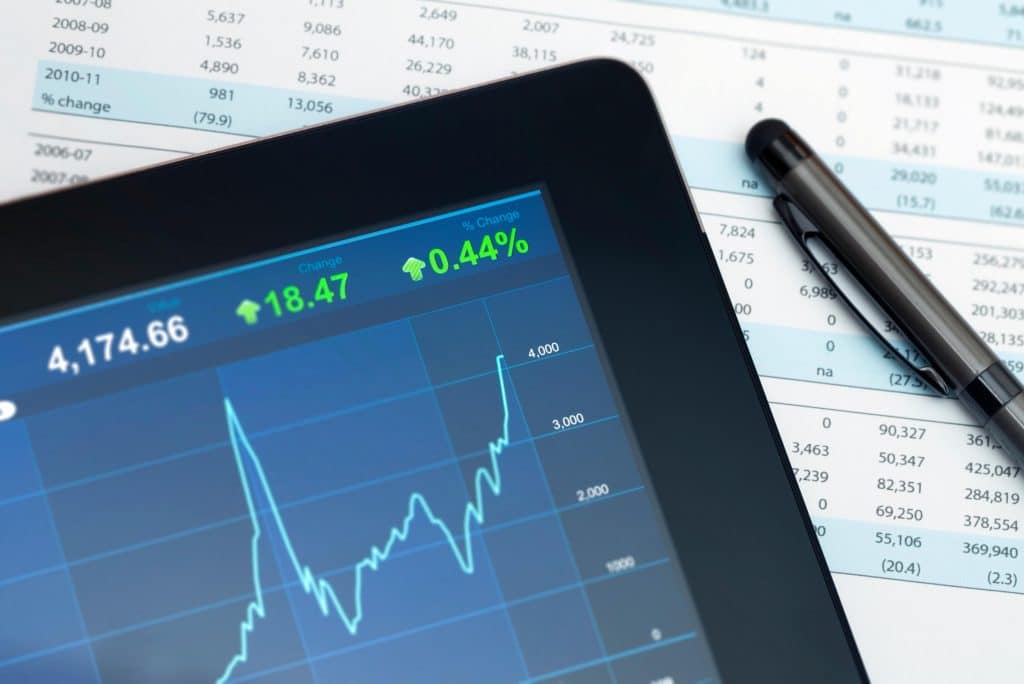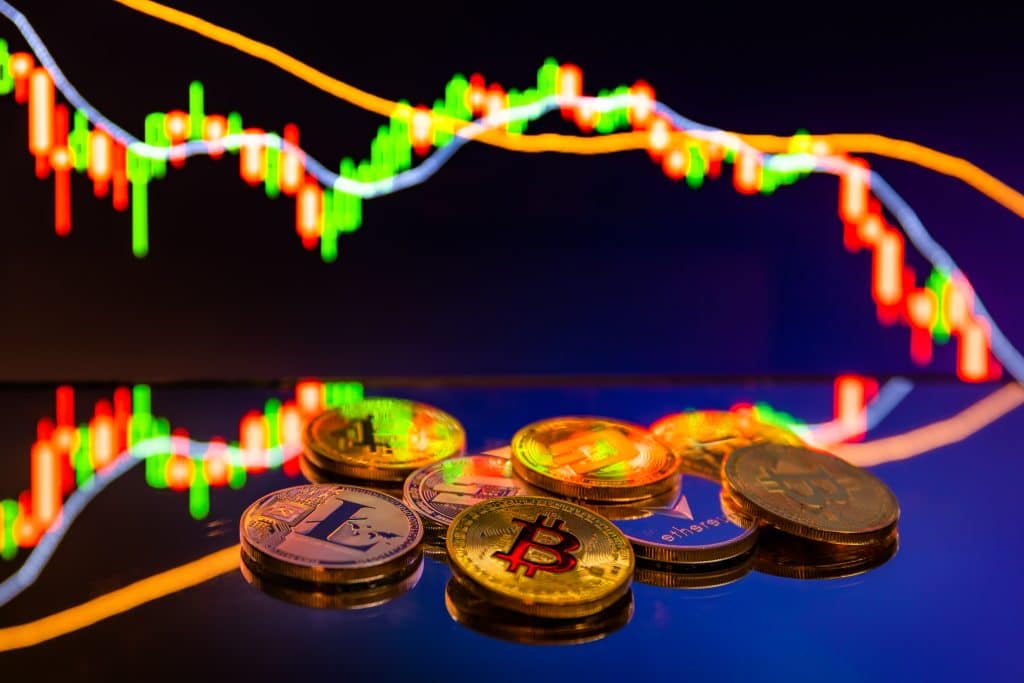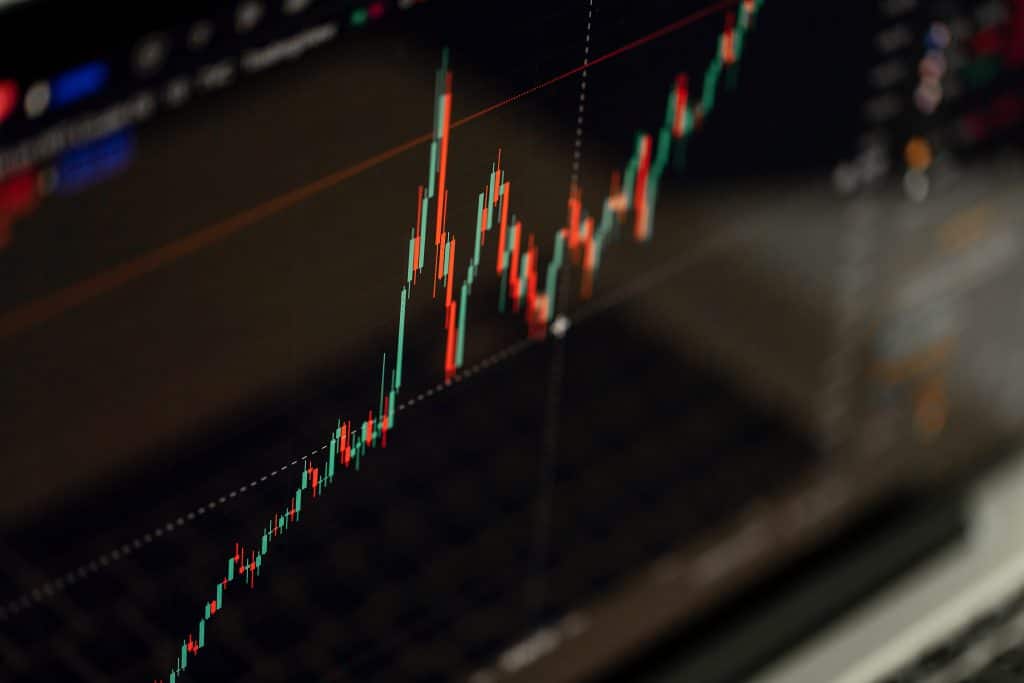Retail Traders vs Machines
Retail Traders vs Machines: An Intriguing Financial Duel
In the ever-evolving landscape of financial markets, the competition between retail traders and machines has become a focal point of intrigue and speculation. This article delves into the nuances of this rivalry, exploring the strategies employed, the challenges faced, and the future trends that might reshape the financial world as we know it.
Outline
- Introduction to the World of Trading: Retail Traders and Machines
- Historical Evolution of Trading: From Human to Automated Systems
- Understanding Retail Traders: Skills, Strategies, and Limitations
- The Rise of Machines in Trading: Algorithms and Artificial Intelligence
- Comparative Analysis: Retail Traders vs Machines in Performance
- Psychological Factors: Human Emotion vs Machine Rationality
- Technological Advancements and Their Impact on Trading
- Regulatory Landscape: Balancing Human and Machine Trading
- Risk Management: Strategies for Retail Traders and Machines
- Adapting to Market Volatility: Human Intuition vs Machine Learning
- Innovative Tools for Retail Traders: Bridging the Gap
- Future of Trading: Coexistence or Competition?
- Success Stories: Retail Traders Who Outperformed Machines
- Case Studies: When Machines Triumph in Trading
- Education and Resources for Aspiring Retail Traders
- Impact of Global Events on Trading Dynamics
- Social Trading: Human Networking vs Automated Communities
- Cybersecurity in Automated Trading
- Environmental, Social, and Governance (ESG) Investing Trends
- Expert Interviews: Insights from Trading Professionals
- Psychological Impacts of Trading on Retail Traders
- Technological Innovations on the Horizon for Trading
- Building a Balanced Trading Portfolio: Tips for Retail Traders
- Challenges Facing Retail Traders in a Machine-Dominated Market
- Conclusion: The Future Landscape of Trading
Introduction to the World of Trading: Retail Traders and Machines
The financial markets, a dynamic and ever-changing battleground, have seen a significant shift with the advent of technology. In this realm, retail traders – individuals managing their own money – pit their wits against sophisticated machines. This dichotomy presents a fascinating study of human ingenuity versus technological prowess.
Historical Evolution of Trading: From Human to Automated Systems
Tracing the lineage of trading from its human-centric origins to the current age of automated systems reveals a dramatic transformation. This journey, marked by technological advancements, has reshaped the landscape in which retail traders operate.
Understanding Retail Traders: Skills, Strategies, and Limitations
Retail traders bring unique skills and strategies to the table, yet they also face inherent limitations. Exploring these elements sheds light on their position in the financial ecosystem, marked by a relentless quest to outmaneuver the machines.
The Rise of Machines in Trading: Algorithms and Artificial Intelligence
The ascendancy of machines in trading, powered by algorithms and artificial intelligence, has revolutionized market dynamics. This section explores how these technological titans have altered the playing field, presenting both challenges and opportunities for human traders.
Comparative Analysis: Retail Traders vs Machines in Performance
A critical analysis of the performance of retail traders versus machines offers valuable insights. This comparison not only highlights the strengths and weaknesses of each but also underscores the evolving nature of market strategies.
Psychological Factors: Human Emotion vs Machine Rationality
The psychological battle between human emotion and machine rationality is a key aspect of this competition. Understanding how emotional decision-making contrasts with the cold, calculated approaches of machines is crucial in assessing the efficacy of each in the trading arena.
Technological Advancements and Their Impact on Trading
Technological advancements have had a profound impact on trading. This section delves into the innovations that have redefined market operations, exploring how they have benefited or hindered retail traders in their quest for success.
Regulatory Landscape: Balancing Human and Machine Trading
The regulatory landscape plays a pivotal role in maintaining a balance between human and machine trading. This exploration considers the policies and frameworks that govern market activities, ensuring a level playing field for all participants.
Risk Management: Strategies for Retail Traders and Machines
Effective risk management is critical for both retail traders and machines. This section examines the strategies employed to mitigate risks and maximize returns, highlighting the divergent approaches taken by humans and algorithms.
Adapting to Market Volatility: Human Intuition vs Machine Learning
In the face of market volatility, the contrast between human intuition and machine learning becomes starkly apparent. This analysis explores how each adapts to rapid market changes, revealing the strengths and vulnerabilities inherent in both.
Innovative Tools for Retail Traders: Bridging the Gap
Innovative tools and technologies offer retail traders a means to bridge the gap with machines. This part of the article looks at the latest developments designed to enhance human trading capabilities, leveling the playing field.
Future of Trading: Coexistence or Competition?
Looking ahead, the future of trading seems poised at a crossroads – will it be marked by coexistence or heightened competition between retail traders and machines? This concluding section contemplates the potential trajectories of this fascinating dynamic.
Success Stories: Retail Traders Who Outperformed Machines
Celebrating the triumphs of retail traders who have outperformed machines provides not only inspiration but also valuable lessons. These stories serve as testaments to human resilience and ingenuity in the face of technological might.
Case Studies: When Machines Triumph in Trading
Conversely, case studies where machines have triumphed in trading offer a sobering perspective. Analyzing these instances helps understand the conditions and strategies that favor automated systems.
Education and Resources for Aspiring Retail Traders
For those aspiring to venture into the world of retail trading, education and resources are vital. This section provides a guide to the best tools, courses, and platforms available, equipping newcomers with the knowledge needed to navigate this complex arena.
Impact of Global Events on Trading Dynamics
Global events, from economic crises to geopolitical shifts, significantly impact trading dynamics. This segment examines how such occurrences influence the strategies and performance of both retail traders and machines.
Social Trading: Human Networking vs Automated Communities
Social trading, a blend of human networking and automated communities, offers a unique perspective on the trading ecosystem. This exploration delves into how social interactions and algorithmic recommendations shape trading decisions.
Cybersecurity in Automated Trading
In an era where automated trading is prevalent, cybersecurity emerges as a critical concern. This section addresses the risks and protective measures essential in safeguarding digital trading platforms.
Environmental, Social, and Governance (ESG) Investing Trends
The rise of ESG (Environmental, Social, and Governance) investing reflects a growing consciousness among traders. This part examines how these trends are influencing the decision-making processes of both retail traders and automated systems.
Expert Interviews: Insights from Trading Professionals
Gaining insights from trading professionals offers a deeper understanding of the retail traders vs machines dynamic. This compilation of expert interviews provides firsthand perspectives on the challenges and strategies prevalent in today’s markets.
Psychological Impacts of Trading on Retail Traders
The psychological impacts of trading, particularly on retail traders, are profound. This discussion delves into the mental and emotional aspects of trading, exploring how they affect decision-making and overall well-being.
Technological Innovations on the Horizon for Trading
Anticipating the future, this section looks at technological innovations on the horizon for trading. Understanding these upcoming developments is crucial for both retail traders and those operating automated systems.
Building a Balanced Trading Portfolio: Tips for Retail Traders
For retail traders, building a balanced portfolio is a key to success. This guide offers practical tips and strategies for diversifying investments and managing risks in a machine-dominated market.
Challenges Facing Retail Traders in a Machine-Dominated Market
Retail traders face unique challenges in a market increasingly dominated by machines. This section explores these obstacles, offering insights into how traders can adapt and thrive.
Conclusion: The Future Landscape of Trading
As we look toward the future, the landscape of trading continues to evolve, marked by the interplay of retail traders and machines. This final section reflects on the lessons learned and anticipates the trends that will shape the financial markets of tomorrow.
FAQs
- What are the key differences between retail traders and trading machines? Retail traders are individuals who trade their own money in the financial markets, relying on their knowledge, intuition, and emotional judgment. They may use fundamental and technical analysis, and their decisions are often influenced by psychological factors. Trading machines, on the other hand, refer to automated systems, algorithms, and AI-driven trading platforms. These systems operate based on predefined rules and data analysis, removing emotional biases. They can process vast amounts of data and execute trades much faster than humans.
- How can retail traders compete effectively against automated systems? Retail traders can compete with automated systems by focusing on areas where human judgment has an edge, such as understanding market sentiment, geopolitical events, and long-term investment strategies. They should also continuously educate themselves, stay updated with market trends, and use advanced tools and platforms to enhance their trading decisions. Diversifying their portfolio and applying solid risk management strategies can also help them mitigate losses and capitalize on opportunities that automated systems might overlook.
- What role do emotions play in the trading decisions of retail traders? Emotions play a significant role in the trading decisions of retail traders. While they can provide valuable gut instincts and encourage caution in risky situations, emotions can also lead to impulsive decisions, overtrading, or holding onto losing positions for too long. Successful retail traders often learn to manage their emotions, balancing gut feelings with rational analysis and disciplined trading strategies.
- How have technological advancements influenced the strategies of retail traders? Technological advancements have greatly influenced retail traders’ strategies by providing access to sophisticated analytical tools, real-time market data, and automated trading platforms. These technologies enable retail traders to make more informed decisions, execute trades quickly, and monitor markets efficiently. Additionally, social trading platforms and online communities offer opportunities to learn from experienced traders and leverage collective knowledge.
- What are the primary risks faced by retail traders in today’s market? The primary risks faced by retail traders include market volatility, lack of knowledge, emotional decision-making, and the risk of significant financial losses. Additionally, competing against sophisticated automated systems and high-frequency trading can be challenging. Retail traders must also be cautious about cybersecurity risks and ensure they are using secure and reliable trading platforms.
- Can retail traders leverage technology to improve their trading performance? Yes, retail traders can significantly improve their trading performance by leveraging technology. Tools like advanced charting software, algorithmic trading platforms, and market analysis tools can help them make more informed decisions. Additionally, using risk management software and trading simulators can aid in developing effective strategies without risking real capital. Social trading networks and AI-powered predictive analytics are also becoming increasingly popular among retail traders for insights and trend analysis.
Conclusion
In conclusion, the dynamic between retail traders and machines in the financial markets is a complex and evolving one. While technology has brought about significant changes, the human element remains a vital part of this ecosystem. As we move forward, the fusion of human ingenuity and technological advancement will undoubtedly continue to shape the future of trading.
Best of luck,

About the Author:
Billy Ribeiro is a renowned name in the world of financial trading, particularly for his exceptional skills in options day trading and swing trading. His unique ability to interpret price action has catapulted him to global fame, earning him the recognition of being one of the finest price action readers worldwide. His deep comprehension of the nuances of the market, coupled with his unparalleled trading acumen, are widely regarded as second to none.
Connect with us:




